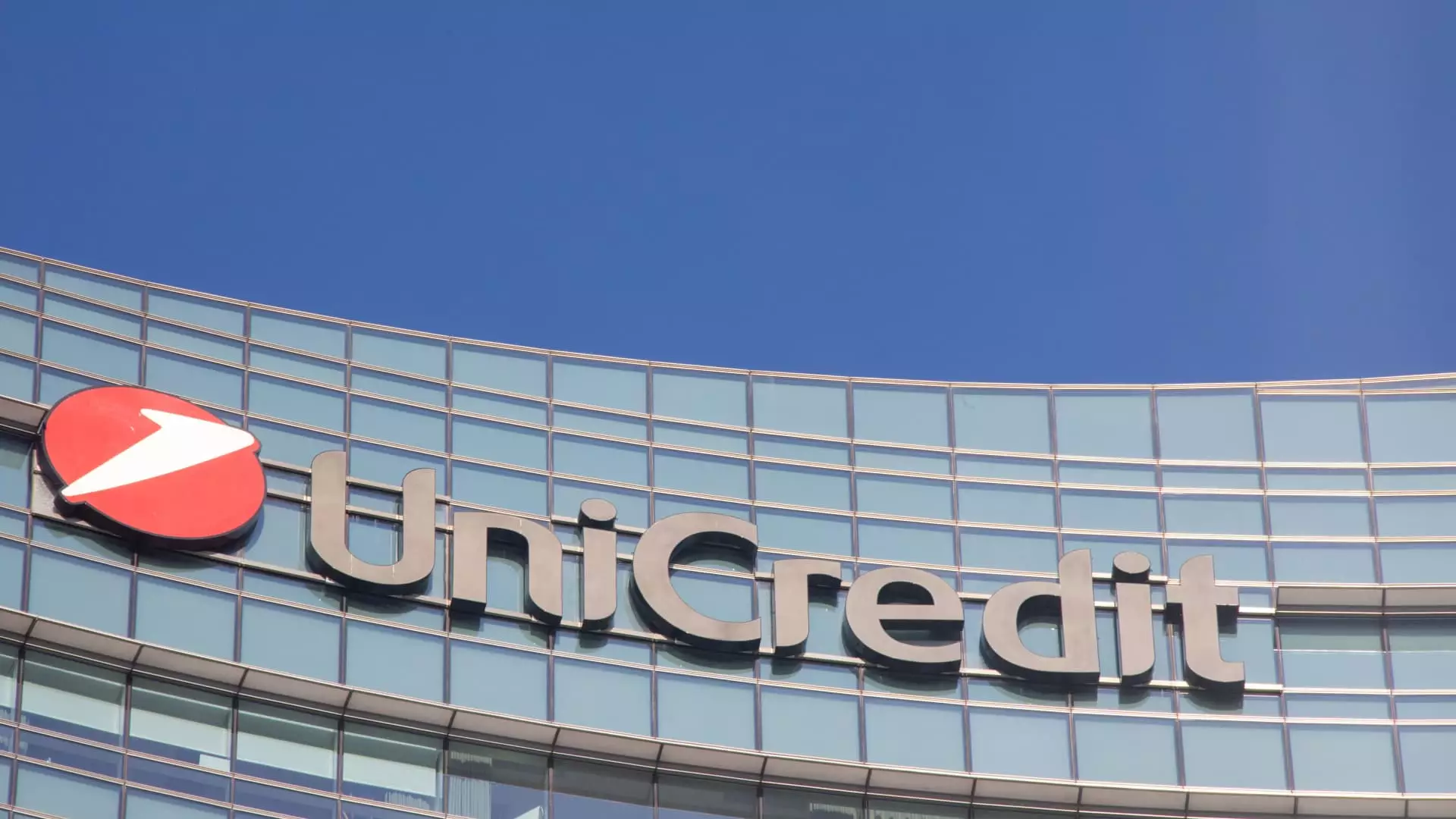In a bold maneuver aimed at reshaping Italy’s banking sector, UniCredit has made an unsolicited bid to acquire its domestic rival, Banco BPM, for approximately €10 billion ($10.5 billion). This proposed acquisition, which values Banco BPM shares at €6.657 — a modest premium over their previous closing price — is indicative of UniCredit’s strategy to strengthen its position as a formidable participant in the European banking landscape. Notably, this offer stands apart from UniCredit’s ongoing interest in acquiring a larger stake in German lender Commerzbank, reflecting a dual strategy of expanding in both domestic and international markets.
The banking sector in Europe has been characterized by a frenzy of mergers and acquisitions, driven by a strong motivation for consolidation among banks. With a robust balance sheet and a penchant for acquiring assets, UniCredit has emerged as a potential catalyst for change within the industry. The current climate is considered ripe for mergers, not only due to the opportunistic mindset of cash-rich banks but also due to the need for enhanced competitive capabilities in a rapidly changing financial landscape. As institutions seek greater efficiency and the ability to innovate, consolidations like the one proposed by UniCredit become nearly essential for long-term viability.
The recent actions of UniCredit signify its intent to not only consolidate its presence in Italy but also to strategically expand its interests in Germany. The bank’s stake in Commerzbank, which has now reached approximately 21%, reflects a cautious yet determined approach to international investment. With talks of increasing this stake further, UniCredit must navigate the complex landscape marked by political nuances and regulatory approvals, particularly in Germany, where government sentiment around such acquisitions remains skeptical.
Meanwhile, Banco BPM is not idle amid these developments. The bank has been actively pursuing growth opportunities, evidenced by its recent bid for asset management firm Anima, valued at around €1.6 billion. Additionally, it secured a 5% stake in the troubled Monte dei Paschi di Siena (MPS), illustrating its commitment to expanding its footprint despite the potential upheaval that the UniCredit offer could bring. These moves not only bolster Banco BPM’s market position but also reflect the competitive nature of the Italian banking sector.
Financial Performance and Future Projections
On November 6, UniCredit reported a healthy growth in quarterly profits, with an 8% year-on-year increase bringing net profits to €2.5 billion, surpassing analyst expectations. This robust financial performance enables UniCredit to pursue aggressive growth strategies, reflected in its improved full-year profit guidance, which now stands above €9 billion. Shares have risen significantly in the past year, indicating strong investor confidence in the bank’s strategic direction and financial health.
UniCredit’s bid for Banco BPM is more than just a financial transaction; it represents a critical juncture in the evolution of Italy’s banking sector. As consolidation becomes a prominent theme in European finance, the reactions of both banks will shape the landscape, potentially leading to further shifts and realignments in the industry.

